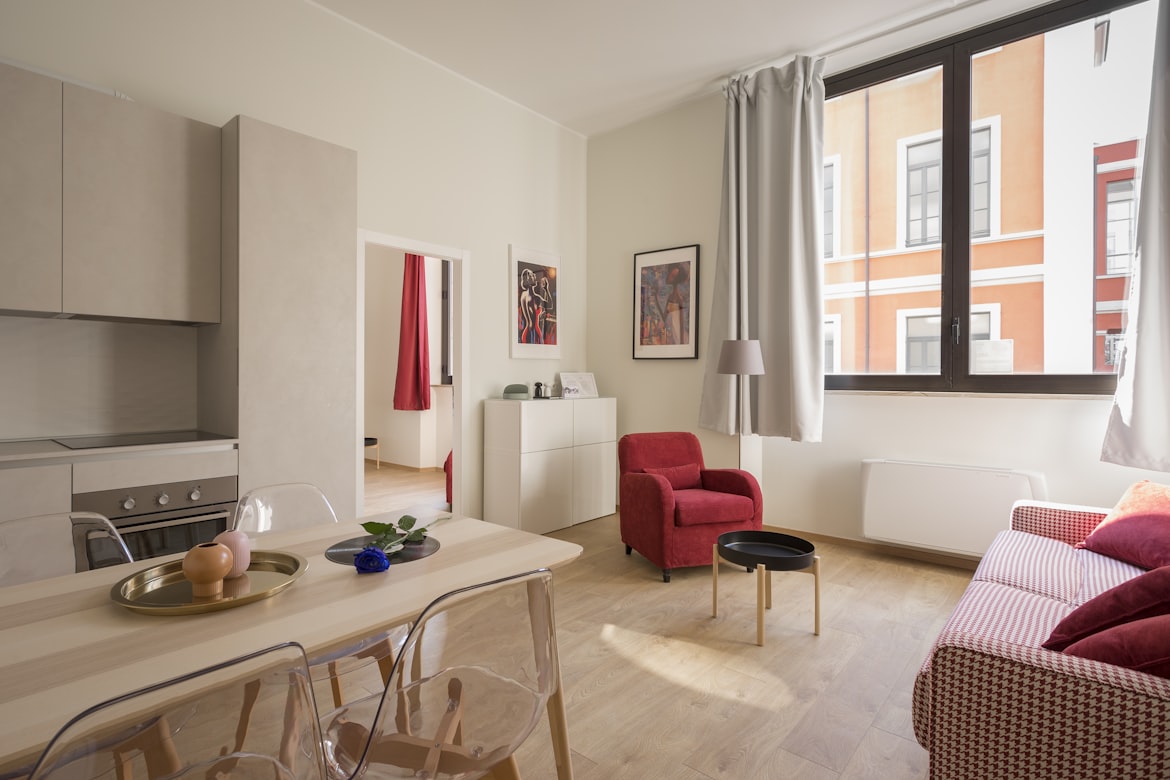What is Minimalism and Why is it Getting Popular?
Minimalism is a lifestyle trend that promotes living with less and simplifying one's possessions and surroundings. The concept of minimalism has been around for centuries, but it has gained popularity in recent years due to a number of factors.
At its core, minimalism is about focusing on what truly matters in life, rather than accumulating possessions and material goods. This can involve reducing clutter, simplifying one's wardrobe, and living in a smaller, more functional home.
One reason for the rise of minimalism is a growing concern over environmental issues. Many people are realizing that excessive consumption and waste contribute to climate change and other environmental problems. By living a minimalist lifestyle, individuals can reduce their environmental impact and promote sustainability.
Another reason for the popularity of minimalism is the desire for greater simplicity and clarity in life. In our fast-paced and technology-driven world, many people feel overwhelmed and stressed. Minimalism provides a way to simplify one's life and focus on the things that truly matter, such as personal relationships, hobbies, and self-improvement.
Finally, social media has played a role in the rise of minimalism. Platforms like Instagram and Pinterest have made it easy for people to discover minimalist design and lifestyle trends. This has created a community of people who share a desire for simplicity and minimalism, and who support and inspire each other to live a more meaningful and fulfilling life.
Minimalism has become a popular lifestyle trend in recent years, with people embracing the idea of living with less and simplifying their lives. A minimalist home is one that is free of clutter, has a simple and functional design, and is devoid of excess possessions. While the benefits of living in a minimalist home are often discussed in terms of physical advantages, such as improved organization and cleanliness, there are also many psychological benefits. Here are 10 psychological effects of living in a minimalist home.
10 Psychological Benefits of Living in a Minimalist Home
Reduced stress levels
Living in a cluttered environment can create stress and anxiety. A minimalist home, on the other hand, is designed to reduce stress by providing a calming and organized environment. When you come home to a space that is free of clutter and distraction, you are more likely to feel relaxed and at ease.
Increased focus and productivity
A minimalist home can help you stay focused and productive by eliminating distractions. When you have fewer possessions and a more streamlined living space, it becomes easier to focus on the task at hand. This can be particularly helpful for those who work from home or need to study in their living space.
Improved mental clarity
A minimalist home can help improve your mental clarity by reducing the mental burden of excess possessions. When you have fewer things to worry about and take care of, you can focus on the things that are truly important in your life. This can lead to a clearer mind and improved decision-making skills.
Enhanced creativity
A minimalist home can also enhance your creativity by providing a clean slate for inspiration. With fewer distractions, you are more likely to find inspiration in the things around you, whether it be a piece of art or a simple piece of furniture. This can lead to a more creative and fulfilling life.
Increased sense of control
Living in a minimalist home can give you a greater sense of control over your life. By simplifying your possessions and environment, you are taking control of your space and your life. This can help you feel more empowered and in charge of your own destiny.
Greater appreciation for the things you have
Living in a minimalist home can help you appreciate the things you have in your life. When you have fewer possessions, you are more likely to value and appreciate each item. This can lead to a greater sense of gratitude and contentment.
Improved sleep quality
A minimalist home can also improve your sleep quality. When you have a clutter-free and organized bedroom, you are more likely to feel relaxed and at ease. This can lead to better sleep, which in turn can have positive effects on your mental and physical health.
Reduced anxiety and depression
Living in a minimalist home can also reduce anxiety and depression. Cluttered environments can create feelings of overwhelm and stress, which can lead to anxiety and depression. By simplifying your living space, you are reducing the mental burden of excess possessions and creating a more calming environment.
Increased self-awareness
A minimalist home can also increase your self-awareness by helping you focus on the things that truly matter to you. When you have fewer possessions, you are forced to think about what is truly important to you and what brings you joy. This can lead to a greater sense of self-awareness and self-discovery.
Improved relationships
Finally, a minimalist home can improve your relationships with others. When you have a clutter-free and organized living space, you are more likely to invite people over and spend time with loved ones. This can lead to stronger relationships and a greater sense of community.
In conclusion, there are many psychological benefits to living in a minimalist home. From reduced stress levels to improved relationships, a minimalist lifestyle can help you live a happier, more fulfilling life. If you are considering simplifying your living space, it may be worth exploring





0 Comments
Wanna say something??